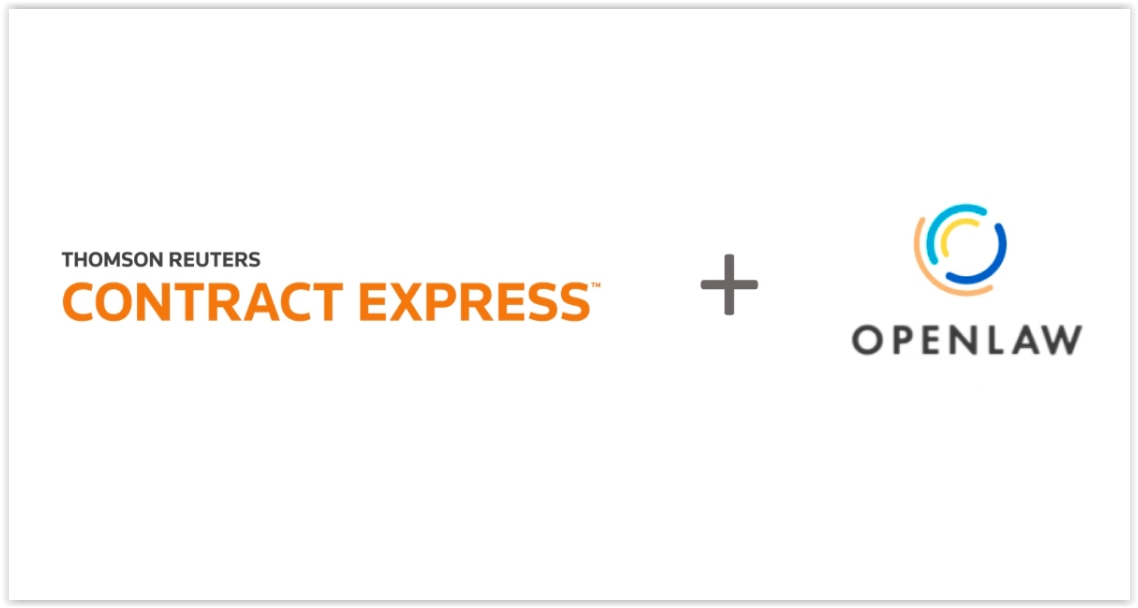2019 Highlights: Using Blockchain Technology to Combine Smart Contracts and Document Automation

As 2019 winds down, Legal Current is revisiting milestones and key accomplishments from the Legal business of Thomson Reuters this year. Today, we look at our partnership with OpenLaw to develop a proof of concept that combines smart documents powered by blockchain technology with document automation.
Leading legal and blockchain outlets highlighted the partnership, including TheStreet and Blockonomi, which noted, “That kind of hybrid dynamic could be particularly useful in the context of international trade or when companies are specifically dealing with cryptocurrencies.”
TechLaw Crossroads also touted the deal: “Why is this noteworthy? Mainly because Thomson Reuters is now applying its panache, stature, and know-how in the blockchain area and legal context.”
Artificial Lawyer agreed, asking: “Is this a big deal? It’s still in the POC stage, but if big banks such as JP Morgan and Goldman Sachs continue to focus on digital currencies then they will need a legally secure contractual basis with which to transact, that in turn connects to a blockchain for those digital currency transactions.”
The promise of blockchain technology centers on enabling so-called “smart contracts” that streamline the process for creating, reviewing and approving contracts. Combined with document automation technology, it could revolutionize contracts, creating tremendous efficiencies and opening new product possibilities in the financial world and beyond.
Our initial proof of concept with OpenLaw shows how Contract Express can be used to create a contract from a Practical Law standard document and add smart contract provisions to be executed on the Ethereum blockchain, using the OpenLaw protocol. It demonstrates how users could incorporate blockchain-enabled smart contract provisions within existing tools that they’re familiar with, in this case, Contract Express.
Users could insert smart contract provisions into any legal template they create within Contract Express, including the many automated standard documents available from Practical Law. It shows that the process can be seamless and intuitive to the extent that lawyers will not need blockchain expertise to create smart contracts. It’s a jumping-off point for further efforts to make blockchain technology and smart contracts more accessible to the mainstream legal industry.
Subscribe to Legal Current to receive emails with new posts, and follow us on Twitter to stay in the know.